Eight authentic Bulgarian traditions and skills, passed down through generations, have been added to the National Representative List of Bulgarian Intangible Cultural Heritage of Humanity, becoming part of Bulgaria's Living Human Treasures.
"This year the initiative was a great success. We received 22 nominations from different parts of the country and all of them were very interesting," said Silva Khacherian, Director of the Directorate for International Cooperation, European Programmes and Regional Activities at the Ministry of Culture.
Ms Khacherian is one of the initiators of the biennial nomination campaign, which is part of UNESCO's Living Human Treasures pilot programme. The idea is to document an element of the country's intangible cultural heritage and, above all, to encourage its bearers - the people who keep folk traditions and skills alive. Nominations can be made by community groups, museums and individuals throughout the country.
These are the new living human treasures of Bulgaria:
The traditional wedding from the village of Ribnovo, group winner of the nomination - the inhabitants of the Rhodope village
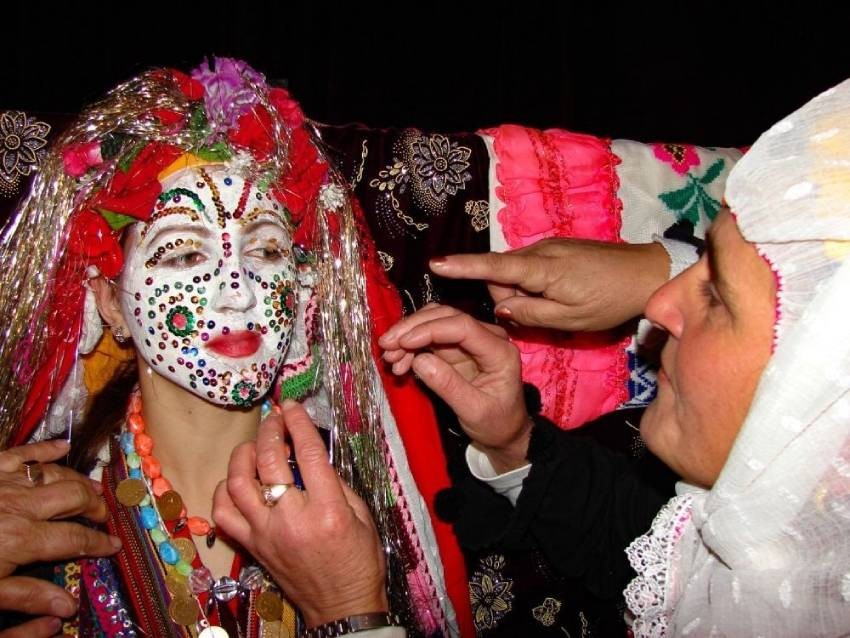
Authentic folk choirs from the village of Vrav, Vidin region, performed by the authentic folklore ensemble "Dorticum"
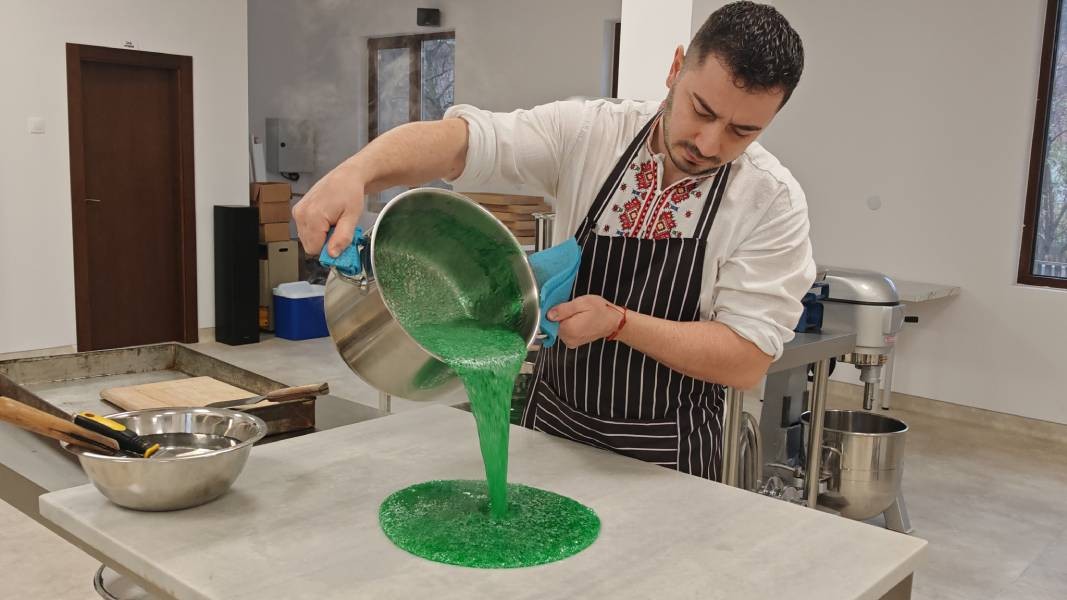
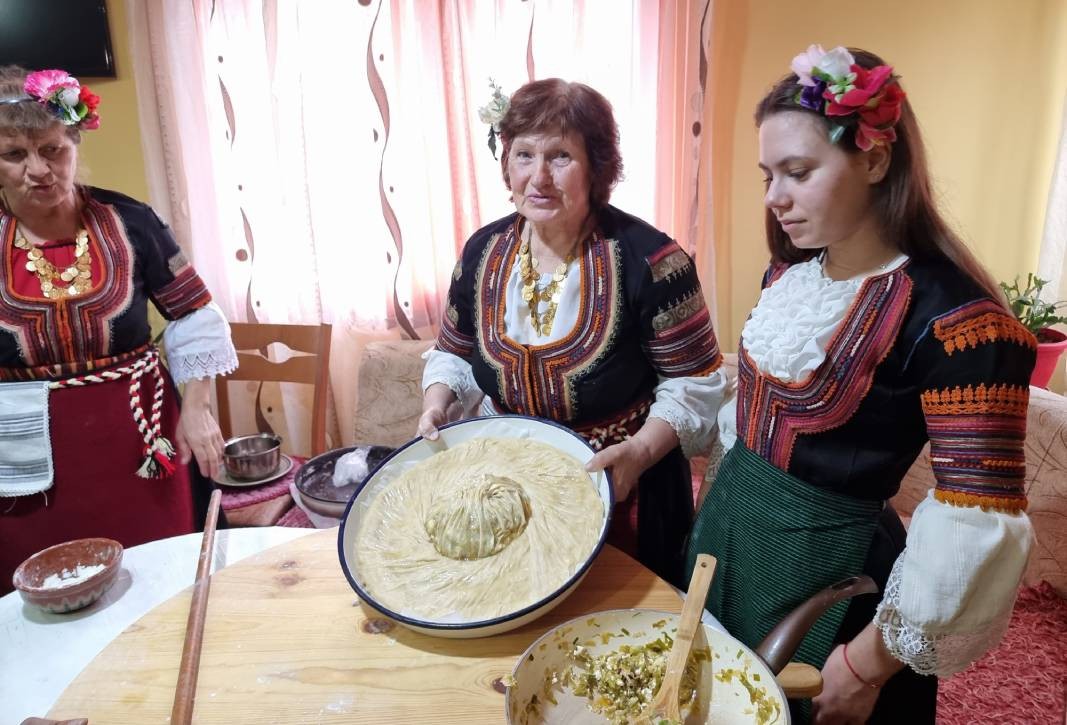
Preparation of the traditional Kyustendil Zelnik by the women's group at the community centre in the village of Zhabokrat.
"Dervishovden" presented by the Dervish group in the village of Tserovo. The celebration takes place on Midsummer's Eve, when the whole village gathers in the square to watch the kukeri performances.
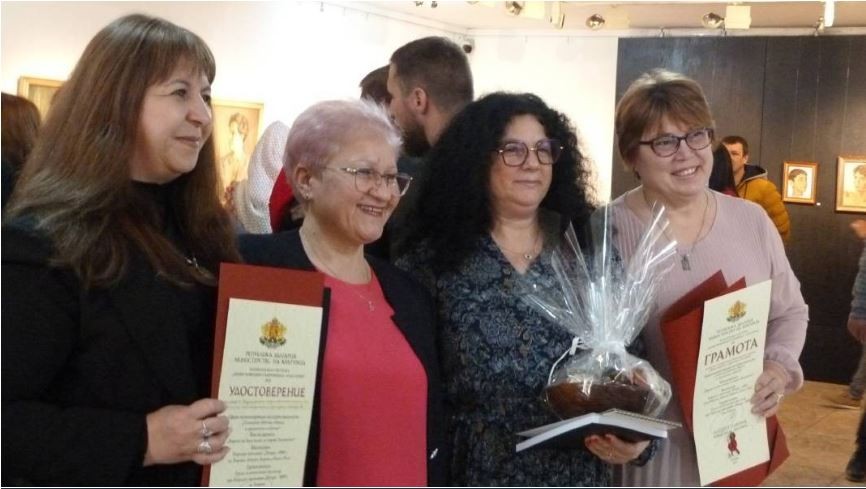
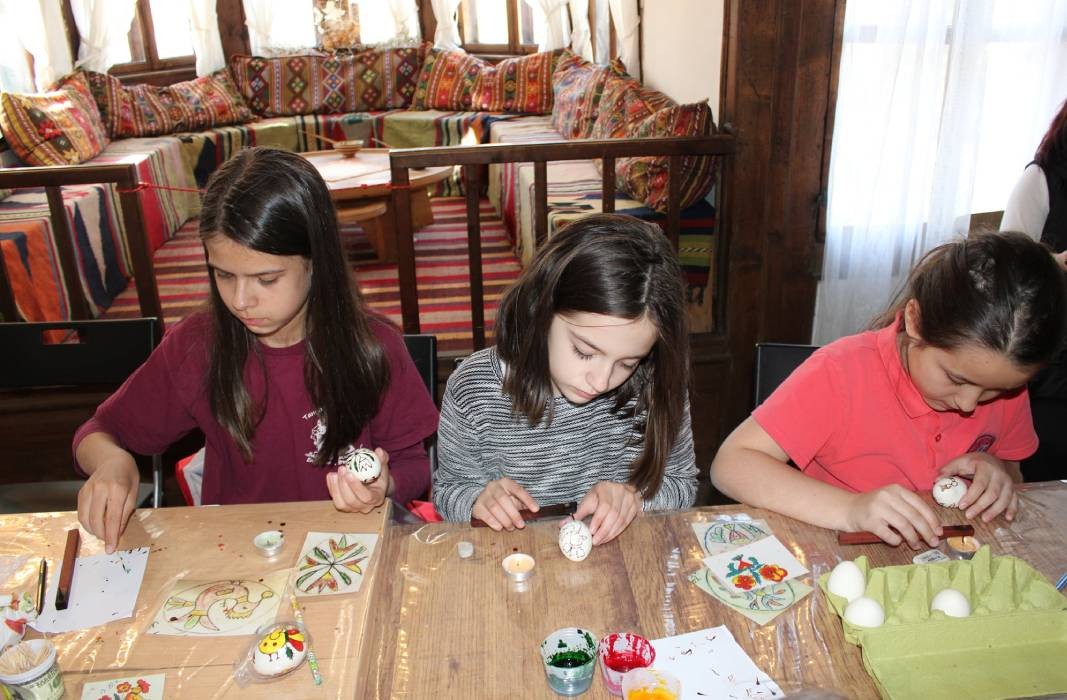
"The new Living Human Treasures will be published on the website of the Ministry of Culture, where all the nominations have already been uploaded. Anyone can contact the nominees, visit them and see their work first hand. What they do is not only extremely interesting, but also educational. They have great potential for local tourism, for Bulgarians and foreigners interested in this kind of thing," says Silva Khacherian.
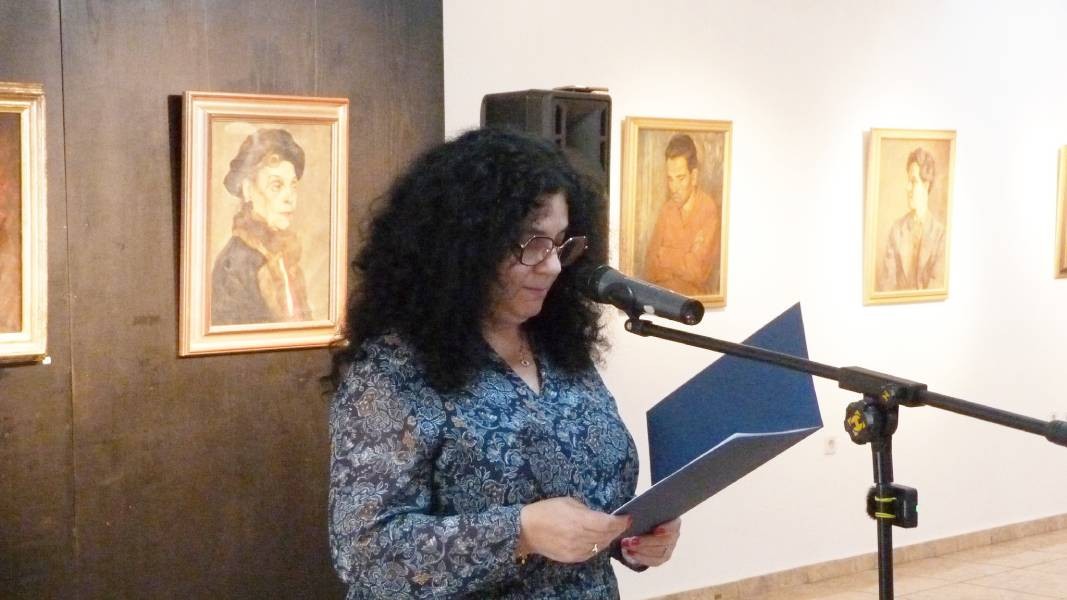
"The idea is that these people in the community - or the group and individual bearers, as we use the terminology from the UNESCO Convention - preserve these elements, their traditional knowledge and skills, on a daily basis. They make sure that they pass on their knowledge to the young, so that the tradition continues. That is what this initiative is all about. On the part of the Ministry of Culture, we are supporting these bearers of our intangible cultural heritage with various programmes that they can apply for in order to prepare projects and acquire what they need to keep the tradition alive," concluded Silva Khacherian.
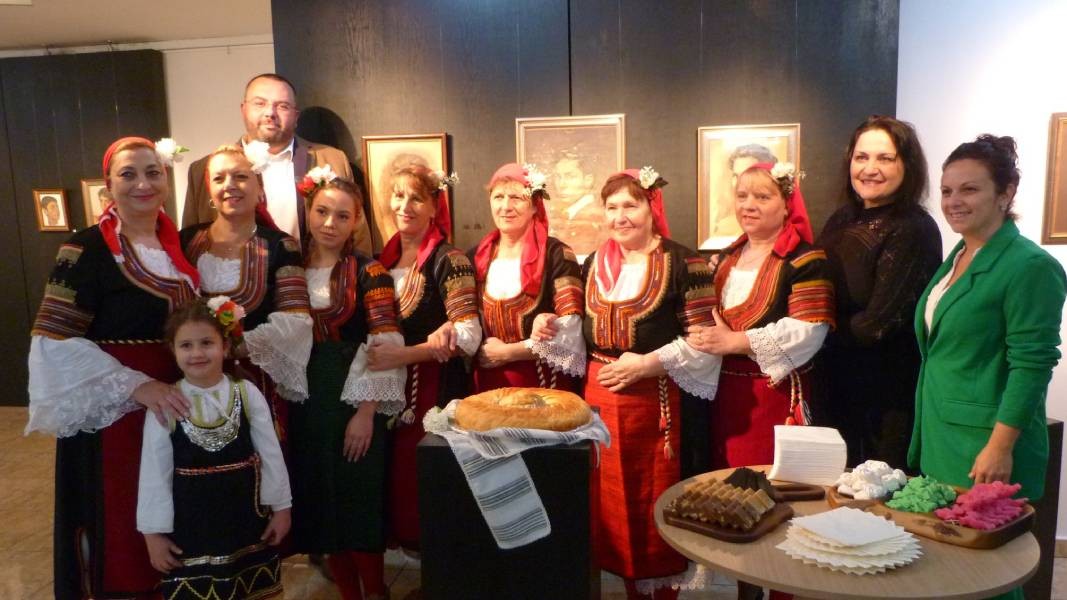
On 17 December, the exhibition "Living Human Treasures - Bulgaria" will open under the dome of Sofia's Largo. It will showcase the 44 elements of Bulgaria's intangible cultural heritage listed between 2008 and 2024, including the latest additions this year.
Photos: Ministry of Culture, Veneta Nikolova, BTA, Etropole History Museum
Publication in English: E. Radkova
The heart and rhythm of the Bulgarian spirit – with these words we can metaphorically define the National Festival of Bulgarian Folklore. Traditionally, since the distant 1965, the event has been organized once every five years on the first weekend of..
The number of Bulgarian folk dance ensembles abroad is growing and, alongside Bulgarian schools, they are among the key centres that unite compatriots overseas and preserve their connection to their roots. Recently, some of these dance troupes returned..
A Bulgarian amateur folk choir based in Italy has returned to Bulgaria for its debut performance before a home audience. Most members of the choir, named Beli Rozi (White Roses) , have lived in the southern Italian city of Pescara for over a decade...
The number of Bulgarian folk dance ensembles abroad is growing and, alongside Bulgarian schools, they are among the key centres that unite compatriots..
The heart and rhythm of the Bulgarian spirit – with these words we can metaphorically define the National Festival of Bulgarian Folklore. Traditionally,..

+359 2 9336 661
